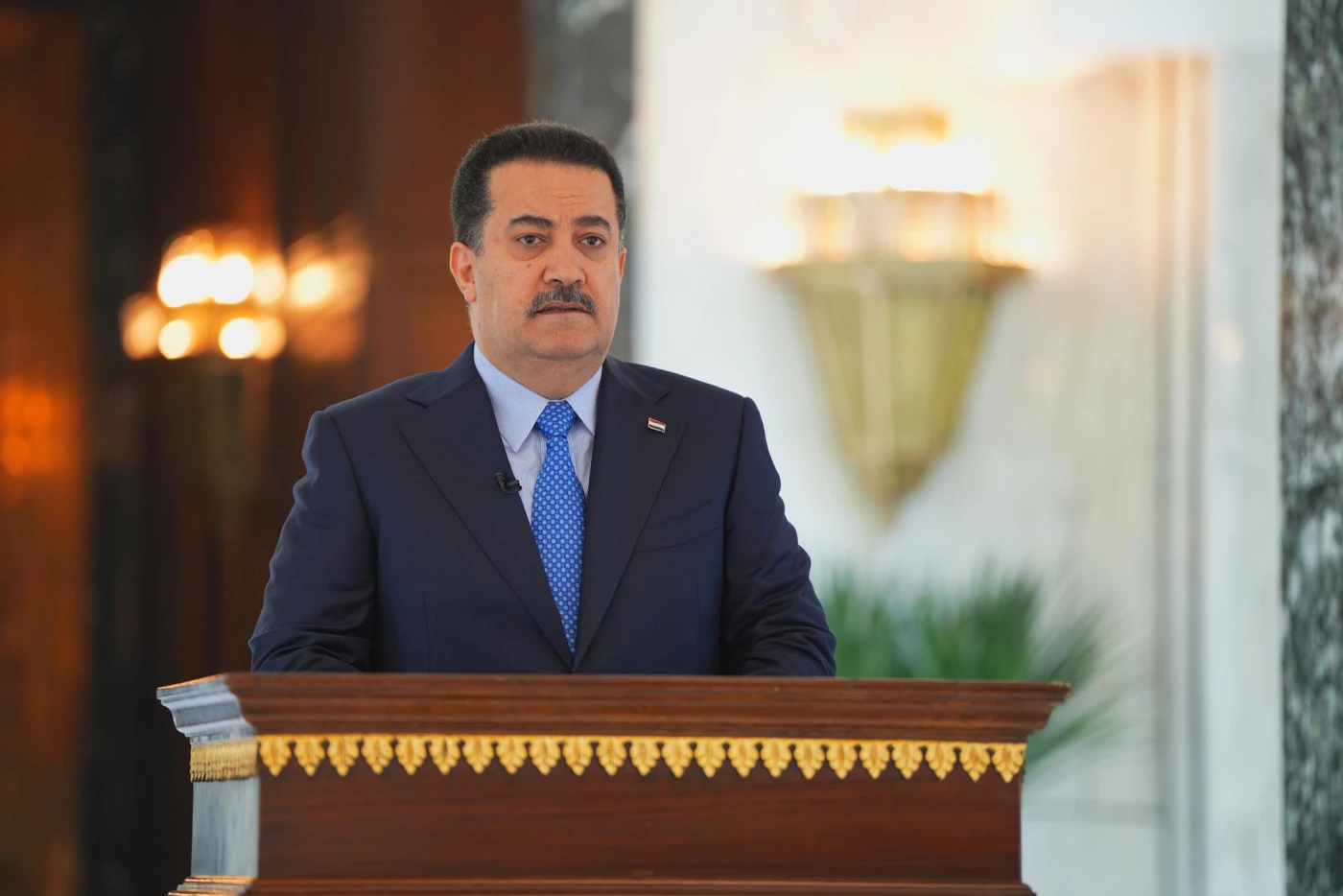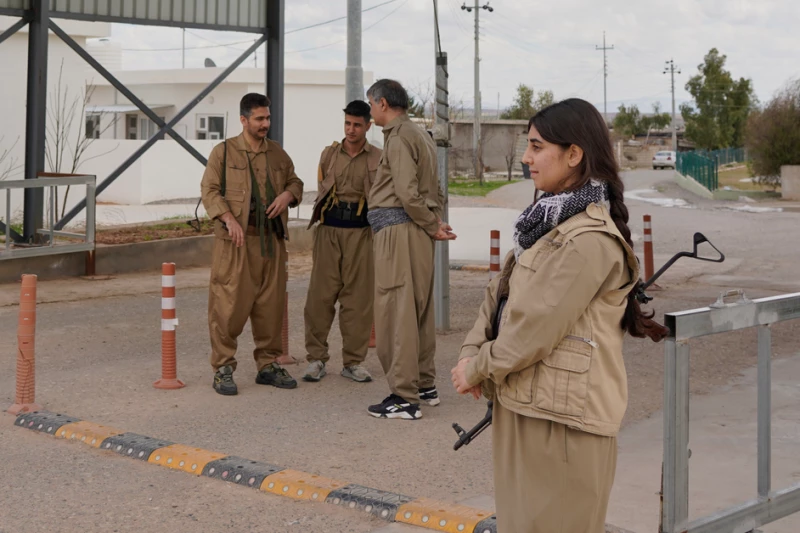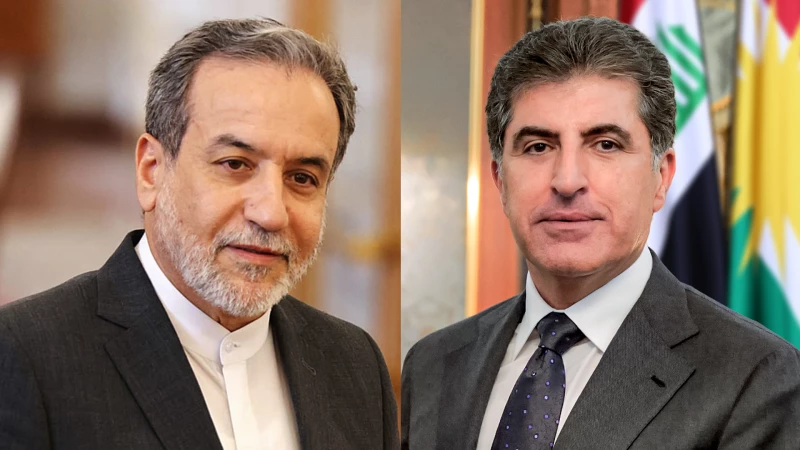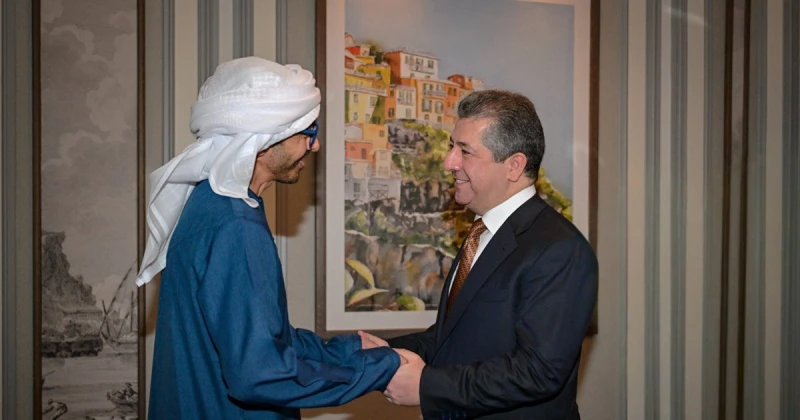ERBIL, Kurdistan Region of Iraq – Iraqi Prime Minister Mohammed Shia’ al-Sudani on Saturday rang several Kurdish leaders, congratulating them for an agreement to resume the export of the Kurdistan Region’s oil.
Following months of negotiations, the first shipment of the Kurdistan Region’s oil left for international markets early Saturday morning, over two years after they were halted in March 2023, when a Paris-based arbitration court ruled that Ankara had breached a 1973 pipeline agreement by allowing Erbil to start selling oil independently in 2014.
A milestone tripartite agreement was reached on Thursday whereby the Kurdistan Region will deliver “all crude oil” produced from its fields to Iraq’s State Organization for Marketing of Oil (SOMO) to be exported through the pipeline, apart from quantities allocated for domestic use. The halt came at a cost of some $30 billion in revenue for Erbil and Baghdad.
The Iraqi premier phoned President Masoud Barzani, Kurdistan Region Prime Minister Masrour Barzani, and Kurdistan Region President Nechirvan Barzani, as well as Bafel Talabani, leader of the Patriotic Union of Kurdistan (PUK), according to Sudani’s office.
The Iraqi prime minister “expressed his appreciation for the positions of the Kurdish leaders and forces that participated in achieving the recent agreement,” the statement added, underscoring the “concerted efforts between the federal government and the regional government that led to the agreement.”
A Kurdistan Regional Government (KRG) statement shared details of Sudani’s phone call with Prime Minister Masrour Barzani, noting that Sudani had “thanked the [Region’s] prime minister for reaching this important agreement, and the [Region’s] prime minister congratulated the federal prime minister for not allowing obstacles to prevent reaching the agreement.”
During the call, the Kurdish premier urged Sudani to ensure that the issue of salaries and financial entitlements of the Kurdistan Region’s civil servants “is fundamentally resolved so that the people of Kurdistan are no longer in uncertainty,” stressing that “this year’s salaries must not be lost.”
In his phone call with the Kurdistan Region president, Sudani thanked Nechirvan Barzani for his “support and constant efforts” in the process of reaching an agreement, dubbing the agreement an “important step toward resolving the issues between Erbil and Baghdad,” according to the Kurdistan Region’s Presidency.
Nechirvan Barzani, for his part, expressed gratitude to the Iraqi premier for his “role, concern, and efforts to reach an agreement,” stressing that the understanding opens a “new horizon ahead of shared cooperation between Erbil and Baghdad.”
The agreement will see the Kurdistan Region hand over around 200,000 barrels of oil to Iraq to be exported to international markets through SOMO in exchange for resolving budgetary disputes between the two governments, which have led to constant delays in the disbursement of the salaries of the Kurdistan Region’s civil servants.
The calls also saw the Iraqi premier and Kurdish leaders stress the importance of taking “all measures that enhance national development, advance the comprehensive national interest, and embody the shared goals of achieving comprehensive economic progress, preserving wealth, and ensuring its equitable distribution to all Iraqis throughout the country,” according to the statement from Sudani’s office, and touched on the importance of supporting investment in Iraq.



 Facebook
Facebook
 LinkedIn
LinkedIn
 Telegram
Telegram
 X
X


